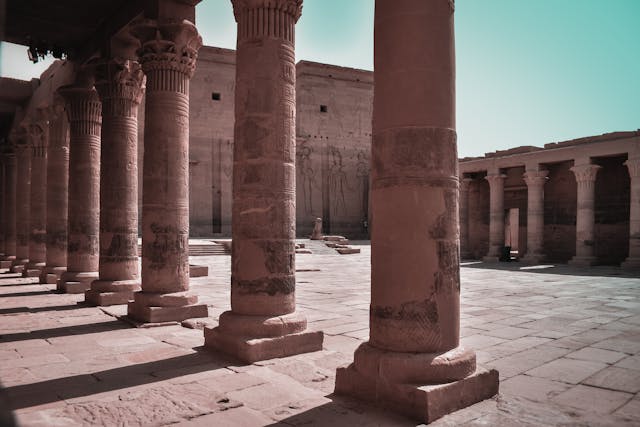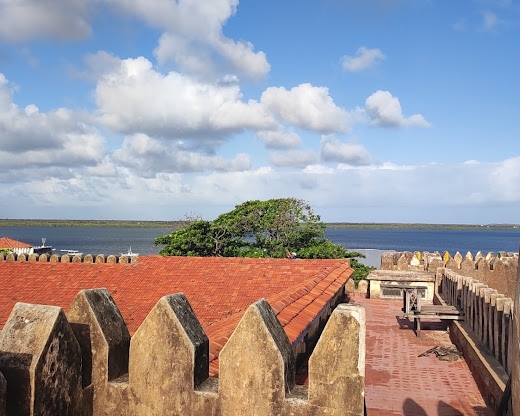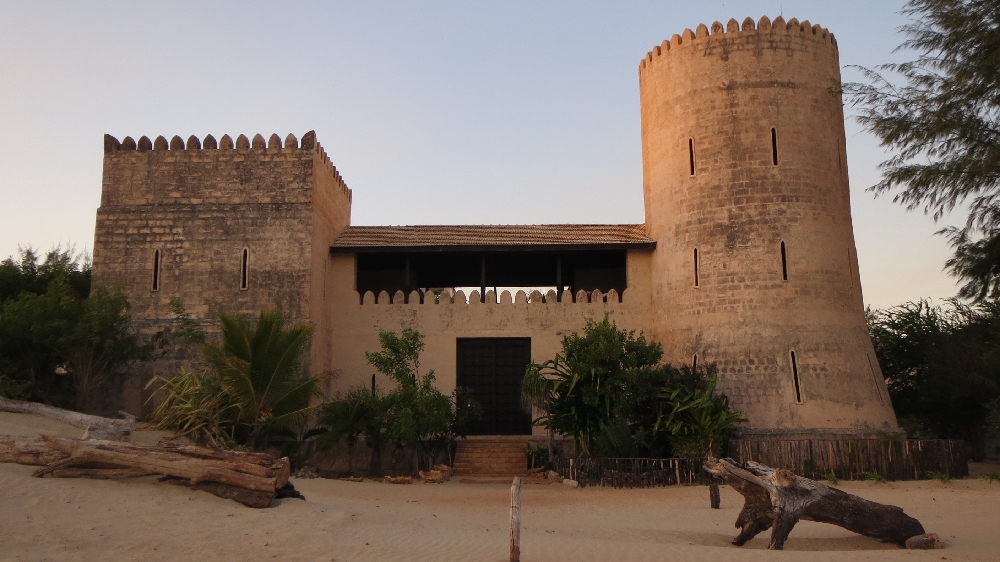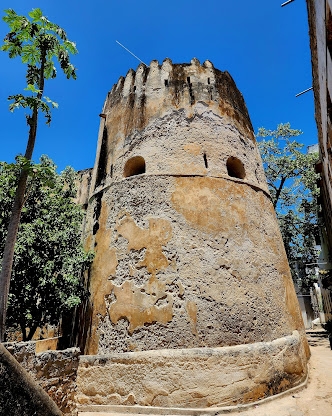




Lamu Fort: A Pillar of Swahili Heritage in Coastal Kenya
History African@africanhistory
12 days ago
Standing at the heart of Lamu Old Town, Lamu Fort is a monumental symbol of the island’s rich Swahili, Omani, and colonial history. Constructed between 1813 and 1821 with Omani assistance, the fort was initially built to consolidate Omani control over the East African coast. Over the centuries, it has transitioned from a military stronghold to a colonial prison, and now serves as a cultural and educational hub.
🏗️ Architectural Significance
Lamu Fort exemplifies traditional Swahili architecture, utilizing local materials such as coral stone and mangrove timber. Its robust, rectangular structure features thick walls, high battlements, and a central courtyard surrounded by two-story buildings that once housed offices and soldiers' quarters. The fort's design reflects a blend of defensive functionality and aesthetic appeal characteristic of Swahili coastal fortifications.
🕰️ Historical Evolution
1813–1821: Constructed with Omani assistance to establish control over the region.
1910–1984: Repurposed as a prison during British colonial rule and post-independence Kenya.
Post-1984: Transferred to the National Museums of Kenya and transformed into a museum and community center.
📚 Present-Day Role
Today, Lamu Fort serves as a vibrant cultural center housing an environmental museum and a public library. It also functions as a venue for community events, educational programs, and cultural festivals, playing a crucial role in preserving and promoting Swahili heritage.
🌍 Cultural Context
Situated within Lamu Old Town, a UNESCO World Heritage Site, the fort is part of a living museum that showcases over 700 years of Swahili culture. The town's architecture and urban layout reflect a fusion of African, Arab, and European influences, offering visitors a unique glimpse into the region's historical tapestry.
#LamuFort #SwahiliHeritage #KenyaHistory #UNESCOWorldHeritage #CulturalPreservation #LamuOldTown #OmaniArchitecture #EastAfricanHistory #TravelKenya #HistoricLandmarks
Photo Credit: wikimedia
